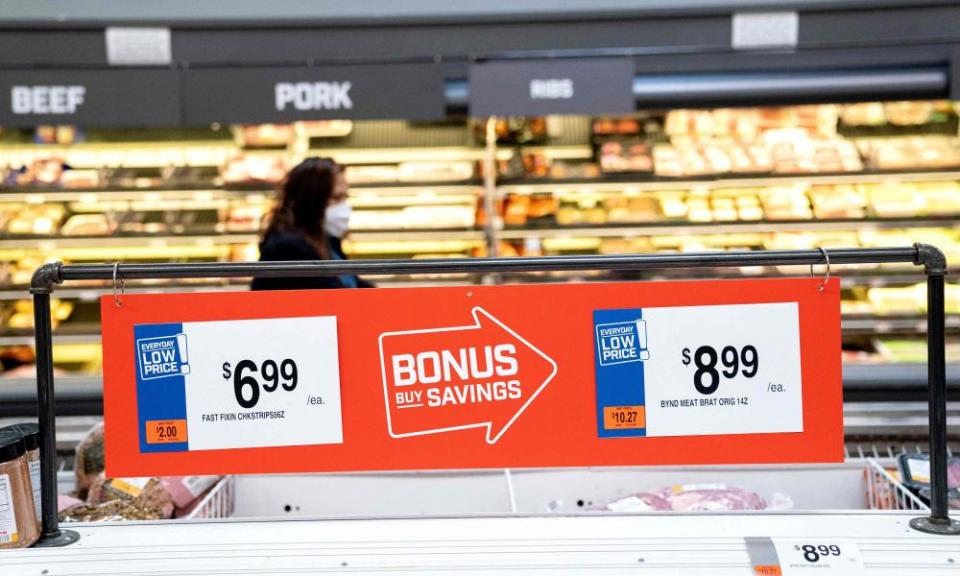Tough action on interest rates in the US. But how rattled is the US Federal Reserve?

The ghost of Paul Volcker is haunting Washington today after the US Federal Reserve announced it was stepping up the fight against inflation with an aggressive 0.75 percentage point increase in interest rates.
Four decades ago – the last time the annual increase in the American cost of living was higher than its current 8.6% – Volcker became legendary as the central banker who was prepared to drive the world’s biggest economy into deep recession to squeeze inflation out of the system.
Now the present chair of the Federal Reserve, Jerome Powell, has discovered his own inner Volcker. Last year Powell was insistent that rising US inflation was a “transitory” phenomenon. Just last month he said a 0.75 point jump in official borrowing costs was not on the table.
Now it looks as if a rattled Fed is playing catch-up. Powell and his colleagues were taken aback by last Friday’s report showing the unexpected 8.6% rise in annual inflation.
The latest Fed thinking is that inflation risks becoming embedded because demand is too strong for a supply side damaged by the pandemic and the war in Ukraine.
In what appeared to be an officially approved tipoff, the Wall Street Journal reported this week that the Fed would, after all, be considering a 0.75 point increase in rates at the meeting this Wednesday.
Related: US inflation hits 40-year high of 8.6% as food, gas and shelter costs rise
The Fed said the move, which pushes US rates to between 1.50% and 1.75%, would be followed by further increases. Wall Street is now fully braced for a further 0.75 point rise in borrowing costs next month and a 0.5 point rise in September.
The Fed’s change of tack has implications for the US and for the rest of the world. There are already some indications – Wednesday’s drop in retail sales, for instance – that higher inflation is taking its toll on spending in the US.
The action by the Fed also puts pressure on other central banks – many of which have also been caught on the hop by the strength and persistence of inflation – to follow suit. Higher interest rates will make the dollar stronger, making it more expensive for countries that have borrowed heavily in the US currency to pay their debts. A developing country debt crisis has moved a step closer.
Powell is hoping he can engineer a soft landing for the US economy in which the annual inflation rate is reduced without triggering a recession. This may be harder to achieve than he thinks.
A recent paper co-authored by the former US Treasury secretary, Larry Summers, has suggested Powell will need to take action as tough as that taken four decades ago. “In order to return to 2% core consumer price inflation today, we need nearly the same five percentage points of disinflation that Volcker achieved,” the paper concludes.
The shock treatment administered by Volcker in the early 1980s resulted in official interest rates nudging 20% and the unemployment rate hitting a postwar high of 11%. The impact was particularly brutal on small towns in America’s industrial heartlands, which have never recovered.

 Yahoo Finance
Yahoo Finance 